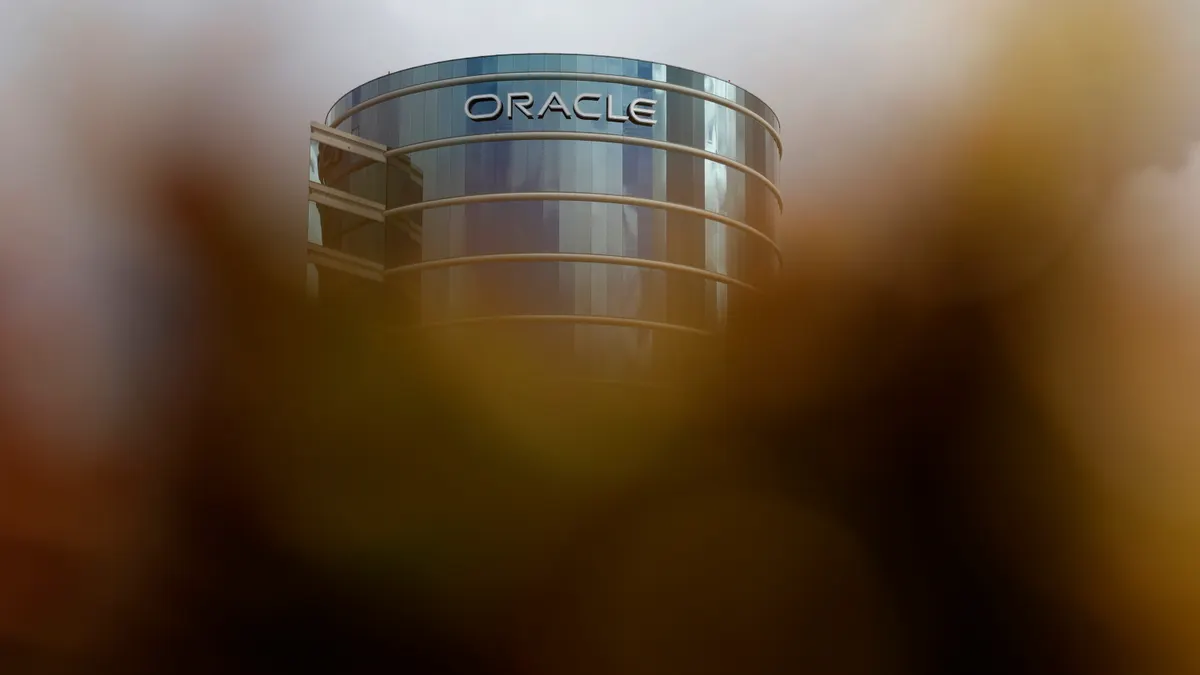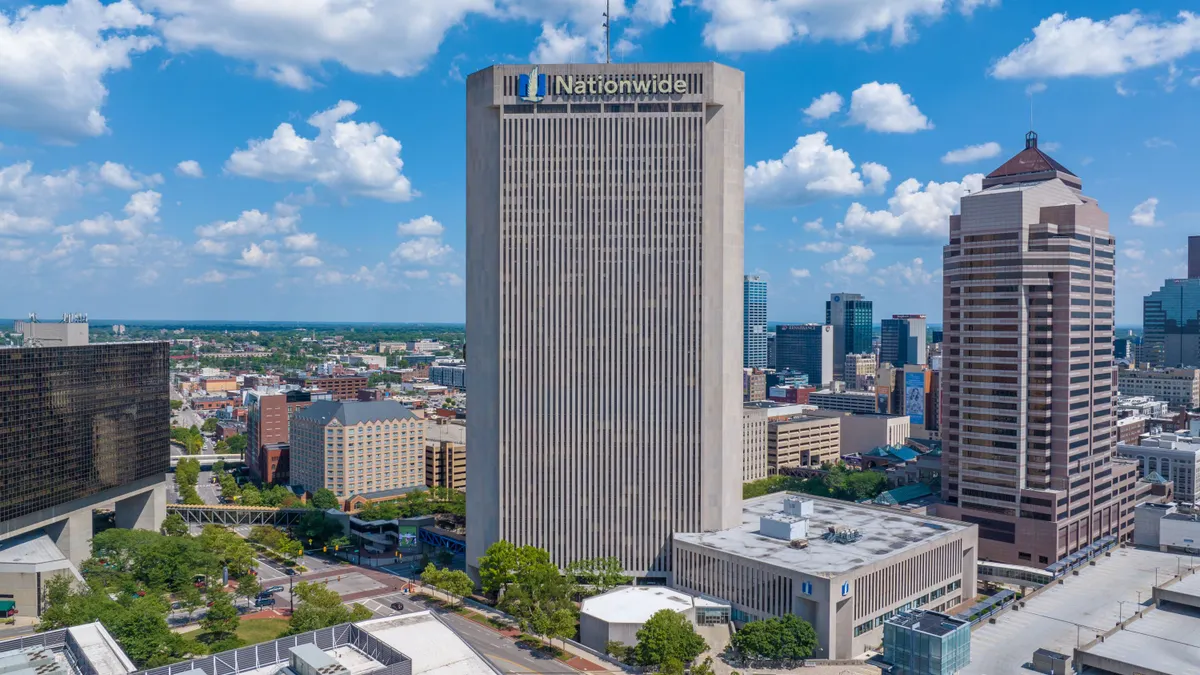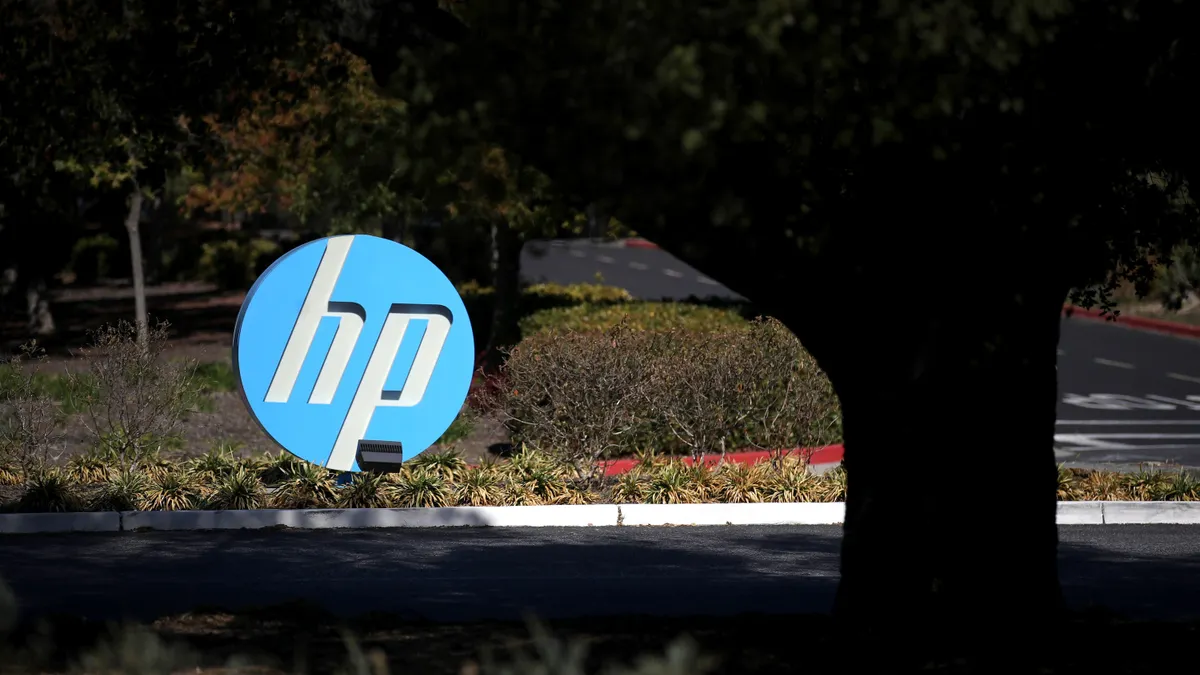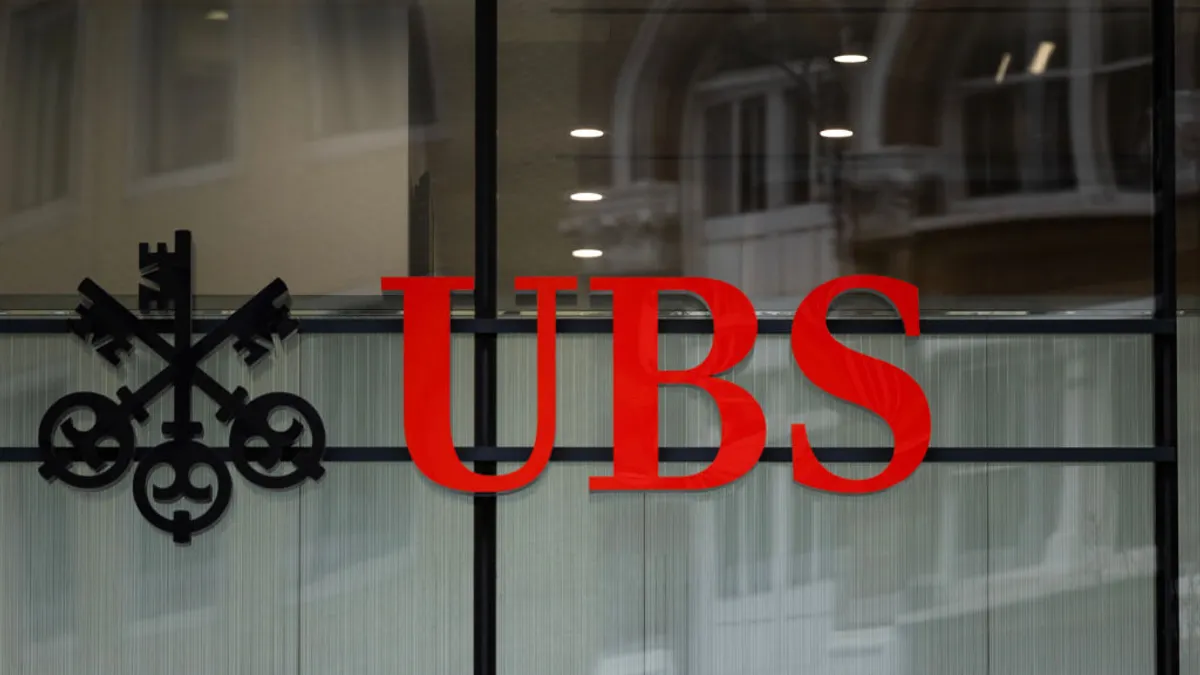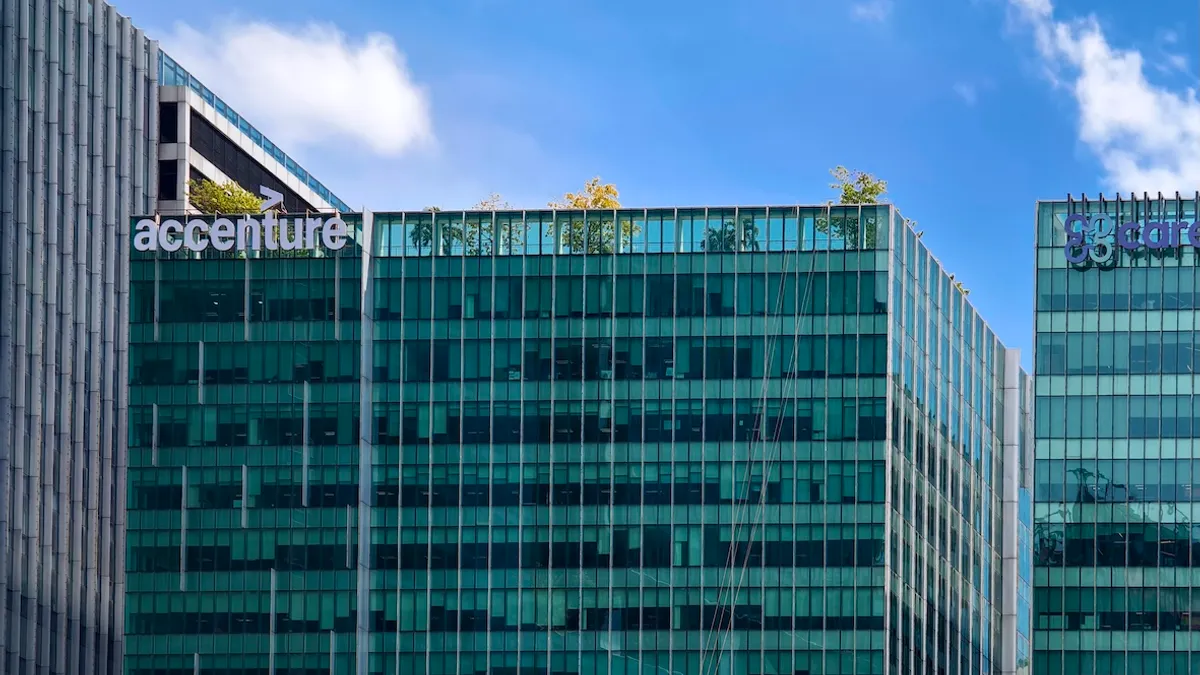One topic pervades office talk and planning: COVID-19, known as novel coronavirus, and its likely spread into the U.S. The Center for Disease Control and Prevention (CDC) called on U.S. businesses, schools and other organizations to prepare for the viruses' domestic spread.
The outbreak promises a direct impact on business operations, with the potential to hinder work travel. Technology companies are withdrawing from events worldwide, taking precautions to limit staff exposure to public gatherings of people.
As the year unfolds, the outbreak is likely to impact more events, as was the case with the cancellation of Mobile World Congress, which was scheduled in Barcelona this week. First detected in China, the outbreak has thrown markets into disarray. The stock market lost $3.4 trillion in value this week, the Wall Street Journal reports. Janet Yellen, the former chair of the Federal Reserve, said the coronavirus could put the U.S. into a recession.
Ultimately, it's the decision of the business on how it wants to travel or limit participation. The technology workforce constantly circles the globe; many CIOs cite offices 35,000 feet in the sky because they travel so much. The CDC recommends having a telework plan in place.
The CDC has guidance regarding international travel. As of Friday, the agency recommends avoiding nonessential travel to China and South Korea and to use extra precaution when traveling to Iran, Italy or Japan.
Conferences and business travel
RSA Conference proceeded as planned this week. Verizon, IBM and AT&T Cybersecurity were among 14 sponsors or exhibitors that withdrew from the conference because of outbreak concerns.
Tuesday, while the conference was in midswing, San Francisco made an emergency declaration to bolster the city's response to the virus. While there are zero confirmed cases in San Francisco, the city wanted to coordinate agencies and increase emergency planning.
Out of precaution, tech companies are limiting or canceling conference participation for events later this spring. Microsoft, Facebook and Sony were among companies withdrawing from the Game Developers Conference 2020 in San Francisco, set to take place from March 16-18. Microsoft plans to stream its sessions on demand, as part of a digital-only event, the company said in an announcement Thursday.
Facebook also canceled the in-person portion of its F8 developer conference set to take place May 5-6.
Many major business technology conferences don't take place until later this year such as VMworld or AWS re: Invent. As of now, Google Cloud Next and the Red Hat Summit slated for April will continue as planned.
The market is trembling
The coronavirus is impacting operations and some companies are lowering revenue projections.
With a slow supply chain, Microsoft lowered its guidance for its more personal computing segment, which includes Windows OEM and Surface, the company announced Wednesday. The supply chain is to blame for other stock performance across sectors. In an research note shared with Supply Chain Dive, Goldman Sachs said "US companies will generate no earnings growth in 2020."
Food for thought: While some companies face losses from the outbreak, others could stand to capitalize. Analysts at Investor's Business Daily outlined three stocks — Zoom Video, Domino's Pizza and Netflix — that have a rosier economic outlook.
Long term: Market forecasts
COVID-19 medications are not on the near horizon. The Atlantic's poignant article details the likelihood of the coronavirus becoming ubiquitous — cold and flu season will include COVID-19.
The stock market and businesses are taking blows from the virus and are course-correcting by augmenting sales forecasts. The smartphone market is projected to decline 2.3% in 2020, according to IDC. "The COVID-19 outbreak is expected to stress the short-term scenario with shipments declining 10.6% year-over-year in the first half of 2020."
The key is uncertainty. Businesses are changing forecasts because they are not sure of how great the potential of the coronavirus to impact normal business operations. For some companies, business as usual is in sight.
"It feels to me that China is getting the coronavirus under control," Apple CEO Tim Cook told Fox Business Thursday. "Optimistic," Cook said Apple has reopened factories and is in the process of getting back to normal.
Top coverage from CIO Dive's sister publications
Coronavirus: A lesson in supply chain risk management from Supply Chain Dive
A quarantine put supply chains' risk management strategies to the test as it left manufacturing facilities without workers needed to reach full production, reduced demand for ocean freight and cut air freight capacity.
'This is going to be a very big deal' — Coronavirus poised to disrupt storage, solar sectors from Utility Dive
China's battery storage production could drop by 10%, or 26 GWh, from 2020 forecasts due to measures aimed at controlling the outbreak, according to Wood Mackenzie.
US begins first study of coronavirus treatment, testing Gilead's remdesivir from BioPharma Dive
Meanwhile, another trial is getting set up in Washington to evaluate Moderna's experimental vaccine, the first vials of which were shipped to NIH Monday.
Coronavirus has reached the US. What can schools do? from Education Dive
The CDC is providing guidance on preventative steps educators and employers can take as concerns of pandemic rise.
Big CPGs warn of financial hit from coronavirus as global outbreak worsens from Food Dive
Coca-Cola, Mondelez, Unilever and General Mills were among the companies who said the epidemic has reduced sales in China.
Levi's hopes in China stalled by coronavirus from Retail Dive
The brand recently opened its largest Mainland store in Wuhan, the outbreak's epicenter, but is temporarily closing half its fleet in the country.








